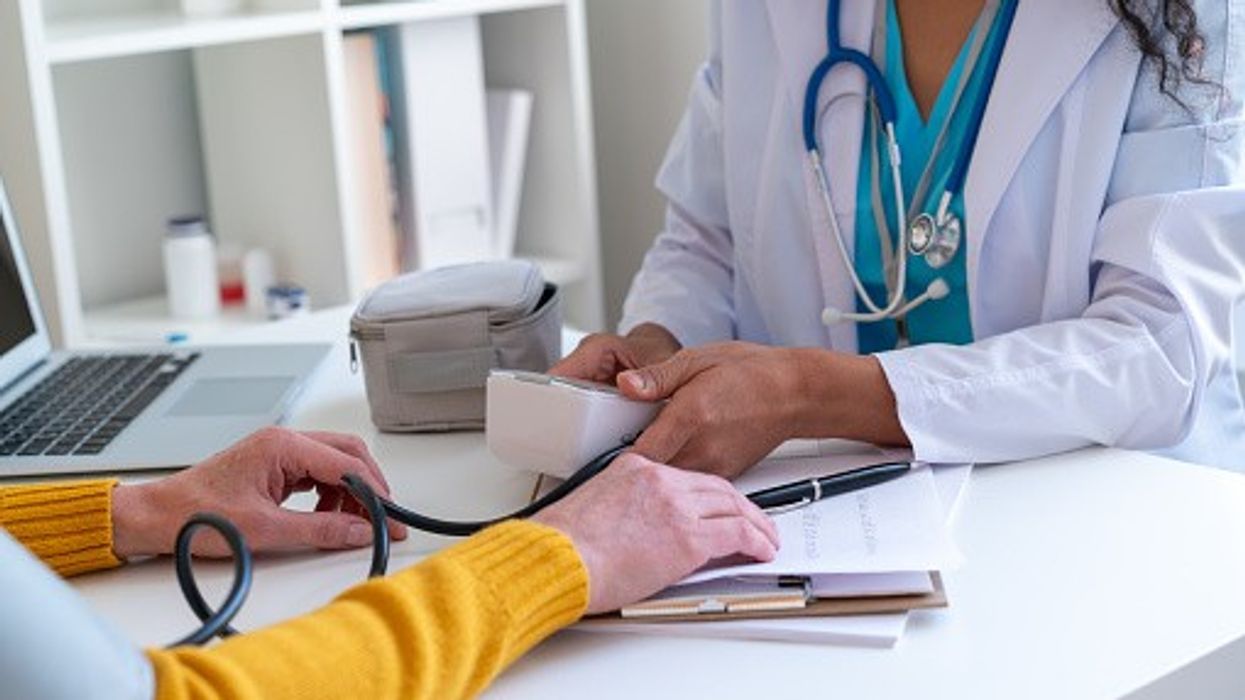The Chair of GPC England at the BMA has written to Wes Streeting detailing how they can work together to rebuild general practice in England
BMA campaign against GP contract changes
The British Medical Association (BMA) has urged non-GP partners and contractors, including pharmacists, nurses, and physiotherapists, to support their “Protect Your Patients, Protect Your GP Practice” campaign, which was launched to protest changes to the 2024/25 GP contract.
GP contractors and partners across England have strongly opposed the modifications to the GMS contract, leading to an ongoing dispute with the NHS.
The BMA highlights that general practice in England currently receives just 6 pence of every NHS pound and an average GMS 'global sum' of £107.57 per registered patient annually.
Since 2018/19, CPI erosion to the GMS contract has resulted in a loss of £659 million, or 6.6%. This financial strain has contributed to the closure or merger of over 1,300 practices over the past decade.
To address these issues, the BMA is urging all GP contractors and partner members to vote YES in the GPC England non-statutory ballot, which will be open until July 29.
They have also created a form for non-GP partners and contractors to sign in support of the campaign.
Through this campaign, the BMA aims to prompt the government to re-engage in negotiations with the General Practitioners Committee England (GPCE) in good faith to deliver a new contract that provides the investment needed to transform, rebuild, and reinvigorate general practice.
The BMA envisions a new "2025 Family Doctor Charter" with a commitment to allocate up to 15 per cent of NHS expenditure towards primary medical services to restore general practice as “the jewel in the NHS crown” and protect services, patient confidence, and NHS productivity.
Katie Bramall-Stainer, Chair of GPC England at the BMA, has written to the new Secretary of State for Health and Social Care, Wes Streeting, detailing how they can work together to rebuild general practice in England.
“General practice is at a crisis point, funding for essential bread and butter practice services has been severely eroded, and our contract uplifts have been derisory,” said Katie Bramall-Stainer.
In the letter to Wes Streeting, she highlighted the closure of more than 2,000 GP practices over the past 14 years and the loss of over 5,000 'home-grown' GPs, whose training has cost taxpayers between £2-3 billion.
Additionally, the number of registered patients has surged by 6.4 million in the past five years, leading to an 18 per cent increase in the average number of patients per full-time equivalent fully qualified GP, now exceeding 2,300.
“We intend to develop a constructive relationship with the new government, but will remain organised to ensure GPs can secure the contract that patients and staff deserve,” the BMA noted.
The Association has also shared their vision for the future of general practice with the Secretary of State.
The ongoing ballot is intended to build momentum for planned collective action, which will commence on August 1.
“This will not be strike action. Services will not be withdrawn in this initial phase of the campaign, and contracts will not be breached. However, the impact on NHS England and ICB (integrated care board) budgets will be felt keenly,” the BMA said.
GPCE emphasised that the outgoing Government pledged to honour the 2024/25 Doctors’ and Dentists’ Review Body (DDRB) uplift in July 2024, but NHS England and the Department of Health and Social Care (DHSC) provided only a 1.9% interim uplift in April 2024, resulting in a real-terms cut in funding.
According to the BMA DDRB Swingometer, even if the newly elected Government were to more than quadruple this uplift, which the GPCE thinks is highly unlikely, practices will still be facing a huge shortfall compared with 2018/19.
“Funding hasn’t just stood still for the past five and a half years or so; it has reduced in value in terms of what it can pay for on behalf of patients,” it said.













